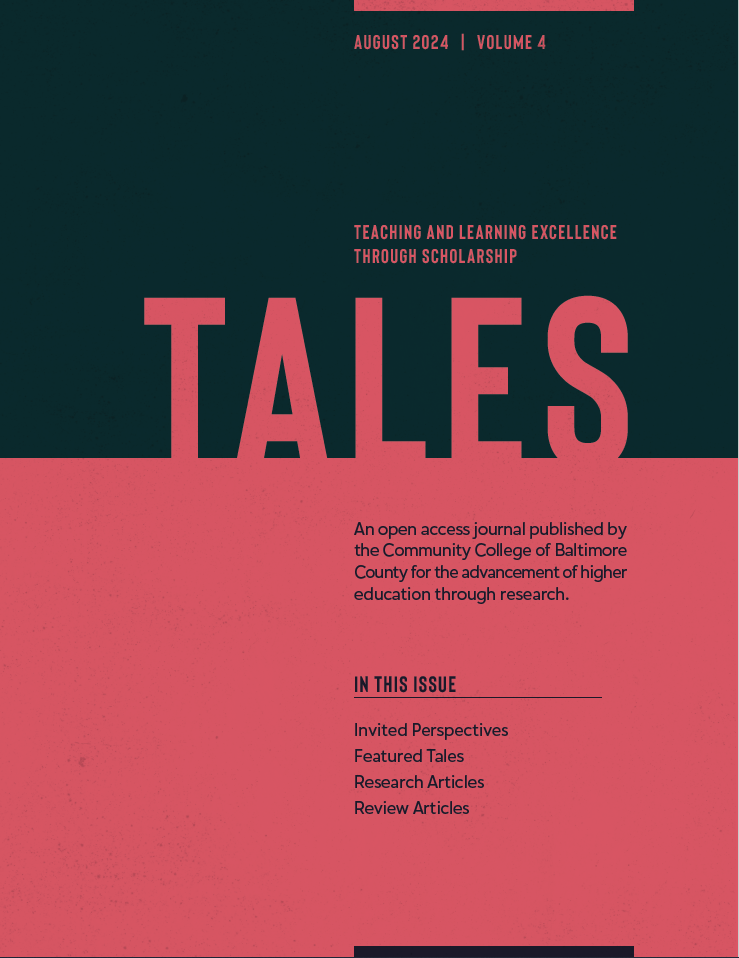Role Play as an Effective Engagement Technique in an Introductory Biology Class
Abstract
Protein translation is a fundamental biological process taught in introductory general biology classes at the undergraduate level. This core scientific topic is often hard for students to understand as it involves several key players and piecing together of information learned in multiple lectures. The current study examines the effectiveness of role play as a complementary pedagogical tool for promoting student understanding, retention, and recall of the basic mechanics of protein translation. Students in 2 different sections of the same undergraduate biology class were involved in this investigation. In this active learning strategy, students assumed the roles of the various components involved in translation including the ribosome binding site, mRNA codons, polyA tail, tRNAs, and ribosome and then enacted the role play in class after a traditional lecture. Both pre-role play and post-role play assessments were used to gauge student comprehension of translation and hence determine the effectiveness of role play. Results from the quantitative analysis of data supported the hypothesis and revealed a statistically significant increase in mean student scores post role play in both sections. This study reiterates the importance of collaborative learning in student engagement and learning outcomes.


